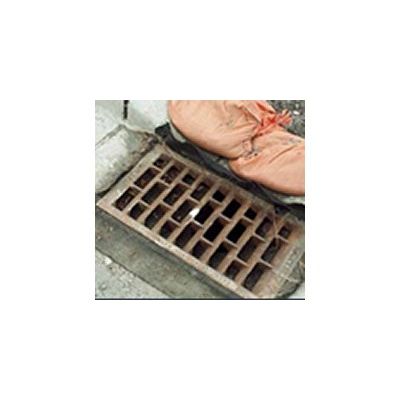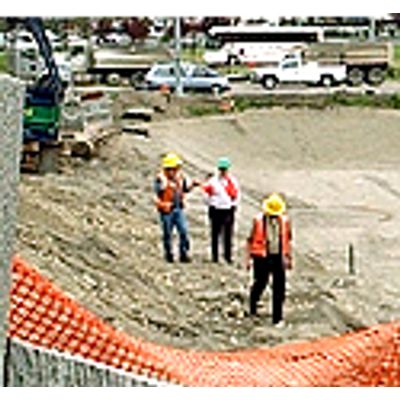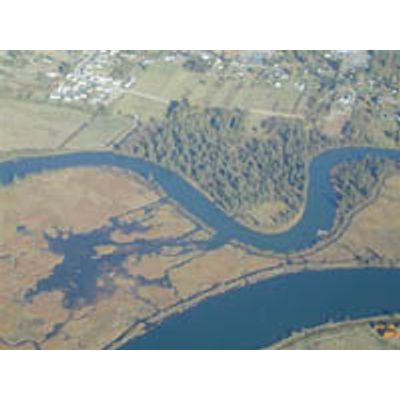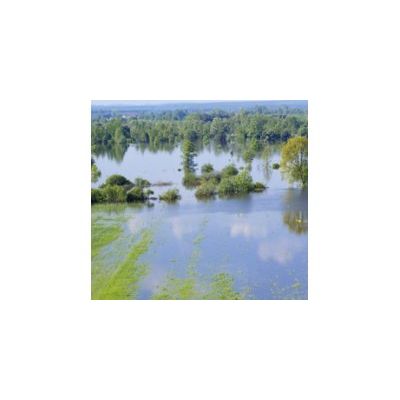
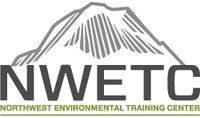
Northwest Environmental Training Center (NWETC) training
Water
Waters of the United States Webinar-Recorded
This course is a recording of a live webinar presented in September, 2015. There are three 2-hour sessions. All paid registrants will receive a certificate of completion of 0.6 CEU`s. The Environmental Protection Agency (EPA) published a final rule defining the scope of waters protected under the Clean Water Act… The rule will ensure protection for the nation’s public health and aquatic resources, and increase CWA program predictability and consistency by clarifying the scope of ‘‘waters of the United States’’ protected under the Act…This rule is effective on August 28, 2015.
CESCL: Certified Erosion and Sediment Control Lead Training
CESCL certification is required by the Washington State Department of Ecology, Construction Stormwater General Permit for personnel responsible for monitoring stormwater at construction sites disturbing one or more acres of land, or are part of a larger common plan of development. NWETC’s 2-day CESCL course is a dynamic interaction between traditional classroom style lecture and hands-on field exercises. Interactive dialogue between the attendees and the trainers is also promoted, to encourage a shared learning environment.
CESCL: Erosion and Sediment Control Lead Re-Certification
This exciting course examines the most up-to-date techniques in the management of sediment and construction sites. Students who complete the course will receive a Certified Erosion and Sediment Control Lead (CESCL) card, good for three years. CESCL certification is required in the state of Washington by the Washington State Department of Ecology for personnel responsible for construction stormwater inspections and sampling at construction sites. Participants will also benefit from a dynamic interaction between traditional lectures and hands-on exercises. The course covers the essentials of being a certified lead and includes information on how new regulations will impact CESCL job functions. Upon completion, students will know how to simply and confidently comply with federal, state, and local regulatory requirements of stormwater management.Wetlands Permitting
This 1-day course provides participants with a general overview of the development of Federal and State environmental laws and recent agency guidance, as well as recent changes to laws and policies. Attendees will review key terms that will help determine jurisdictional limits or exemptions to permitting, and will be introduced to the various aquatic resource permits that may be used for various site development projects. Time will also be spent covering permit application requirements; such as field studies that may be required, the permit review process and time lines, as well as agency coordination, how to get preliminary feedback on the project, and how to prepare a submittal package for a complex land development or use projects.The Ecological Significance of High Flows on Alluvial Rivers
This dynamic and hands-on course provides an introduction to the science of flood dynamics and why they are important to stream and river ecology. High flows flush organic matter from the channel, maintain channel geometry by transporting sediment, form new channels by geomorphic processes, and provide essential conditions for fish migration and spawning.

